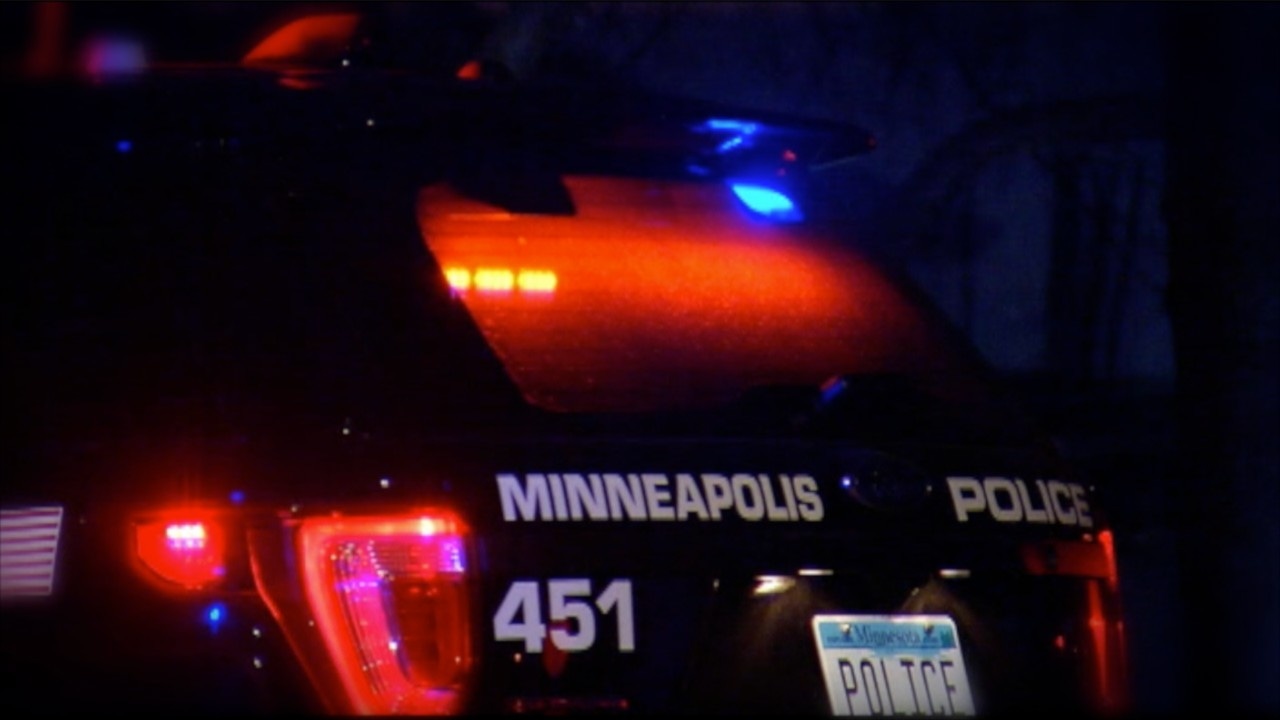New Minneapolis no-knock search warrant policy called most stringent in the nation
[anvplayer video=”5101929″ station=”998122″]
The national social justice organization Campaign Zero ranks the new Minneapolis no-knock search warrant policy as the toughest in the nation with a 9.5 rating, which ties Maryland for the top spot.
Campaign Zero co-founder DeRay McKesson told 5 EYEWITNESS NEWS Minneapolis previously had a 5.5 rating but is now the “most restrictive” no-knock search warrant policy of any city in the country. The improvement comes after recent changes such as requiring a 20-second pause before entering a home during the day and 30 seconds at night after officers have made their presence known.
“The police do not need a no-knock warrant to conduct a no-knock search,” McKesson said. “And that is why our biggest push and the best practices in the field is to restrict the use of all search warrants which is one of the biggest changes Minneapolis implemented.”
Campaign Zero has worked with many states and municipalities to revise no-knock warrant policies and statutes including Breonna’s Law in Louisville, Kentucky. The city now requires a 15-second pause before officers can enter a home after announcing their presence.
“Breonna’s Law is 15 seconds, and that’s in Louisville. Maryland and Maine have 20 seconds,” said McKesson. “Minneapolis is the only place in the country, at either the city level or the state level, that has 30 seconds.”

(KSTP/file)
Minneapolis Mayor Jacob Frey said he was pleased with the new ranking after working on the no-knock revisions for about two years.
“The rating that Campaign Zero came out with today is obviously a great result for the city of Minneapolis,” Frey said. “It shows that our municipal policy is more extensive than any other city in the entire country.”
But the group called Knock First Minnesota, an initiative at the University of St. Thomas School of Law, says the new Minneapolis no-knock search warrant policy is a “good first step, but more could be done.”
Jess Palyan with Knock Firstsaid his group thinks the 30-second rule should be a standard across the board.
“I think 30 seconds needs to be the bare minimum,” Palyan said. “And the language regarding the exceptions to entering a home before the 20- or 30-second pause is too broad, and when the language is too broad it allows for an exception to swallow the rule.”